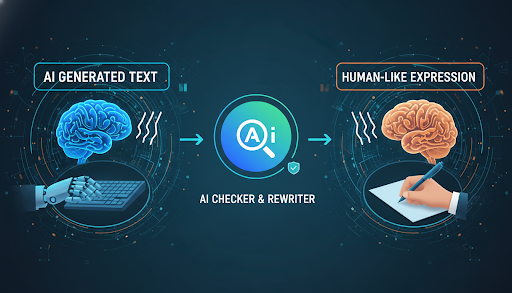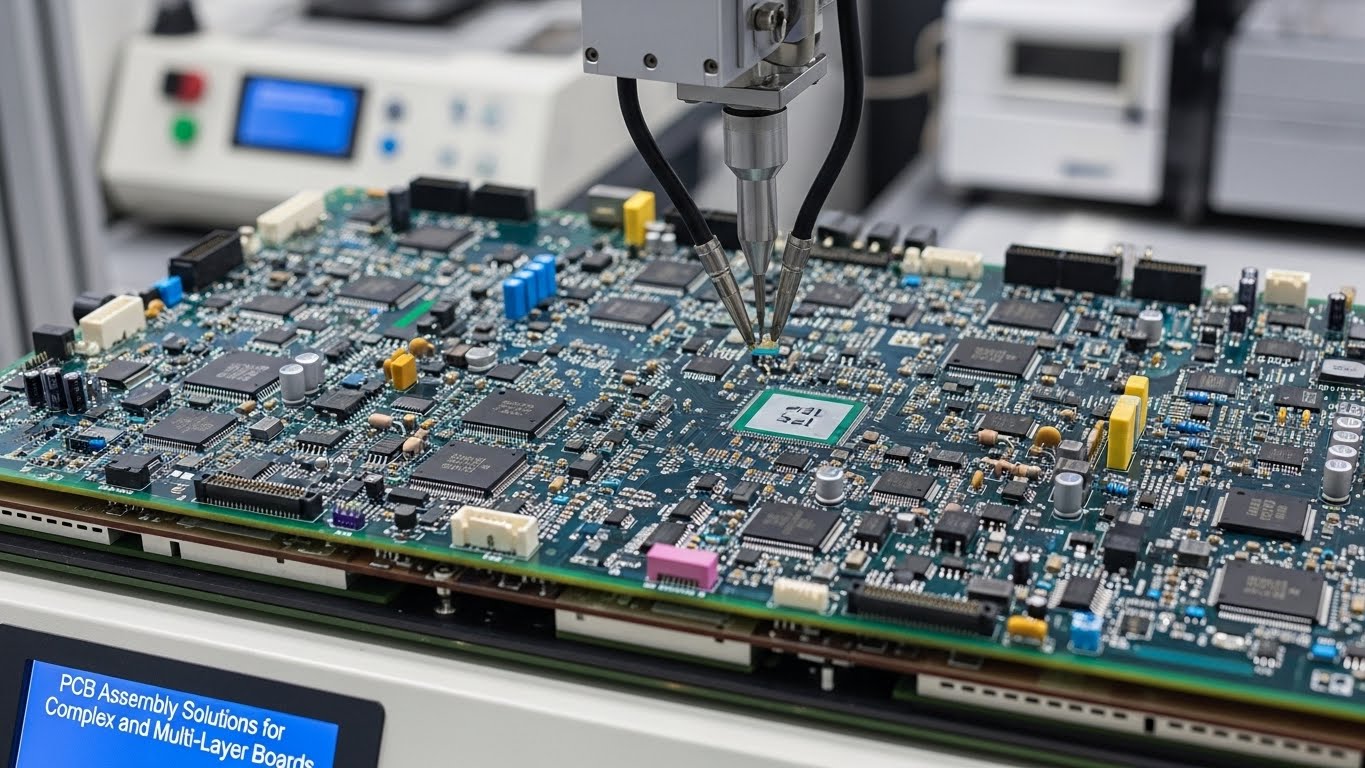In this article, we will delve into the rapidly growing world of artificial intelligence and machine learning, and explore the lucrative career opportunities it presents. With the endless possibilities that arise from these cutting-edge technologies, the job market has expanded to accommodate a wide range of roles, from data scientists to AI engineers.Readers can expect to gain insight into the future of tech, as we discuss the growing demand for skilled professionals in this field, and the potential for advancement and innovation in AI and machine learning. Additionally, we promise to provide valuable tips and advice on how to navigate this complex and exciting industry, and carve out a successful career path.So, if you’ve been considering a career in AI or machine learning, or are just curious about the possibilities of this exciting field, be sure to read on for an insightful and informative discussion.
Understanding Artificial Intelligence and Machine Learning
Artificial Intelligence and Machine Learning are two of the most sought-after fields in today’s tech industry. AI refers to the ability of machines to perform tasks that typically require human intelligence, such as learning, problem-solving, and decision-making. On the other hand, Machine Learning is a subset of AI that involves training machines to learn from data, recognize patterns, and make predictions.The concept of AI has been around for decades but has gained significant momentum in recent years due to advancements in technology and the exponential growth of data. Machine Learning algorithms have significantly contributed to this growth by enabling machines to extract insights from large datasets that would be challenging for humans to do manually.
Understanding these concepts is crucial for anyone looking to pursue a career in Artificial Intelligence or Machine Learning. With the increasing demand for intelligent automation across various industries, these fields offer exciting opportunities for individuals who aim to innovate and solve complex problems using cutting-edge technology.
The Growth of AI and Machine Learning
The field of artificial intelligence (AI) and machine learning has grown rapidly in recent years, driven by advancements in technology and the growing demand for automation across various industries. According to a report by Grand View Research, the global AI market is expected to reach $390.9 billion by 2025, growing at a compound annual growth rate (CAGR) of 46.2%.One key factor driving the growth of AI and machine learning is their ability to transform industries such as healthcare, finance, and transportation. For instance, AI-powered robots are being used in hospitals to assist with surgeries while machine learning algorithms are being integrated into financial systems to detect fraud. Furthermore, the use of autonomous vehicles powered by machine learning algorithms is becoming increasingly popular in the transportation sector.
Overall, the growth of AI and machine learning has resulted in more job opportunities across various industries worldwide. As these technologies continue to evolve and become more sophisticated over time, we can expect them to reshape numerous aspects of society as we know it.
The Impact of AI and Machine Learning on the Job Market
As AI and machine learning become increasingly incorporated into various industries, they are having a significant impact on the job market. While some jobs may become obsolete as machines take over certain tasks, others will emerge to meet the growing demand for skilled workers in this field.Many jobs that require routine or repetitive tasks, such as data entry or customer service roles, are likely to be impacted by automation. However, new opportunities will arise for those who have expertise in areas such as data analysis and programming. Additionally, there will be an increasing demand for individuals who possess both technical skills and expertise in a specific industry – such as healthcare or finance – to help develop AI solutions that can improve efficiency and outcomes.
Overall, the impact of AI and machine learning on the job market is complex and multifaceted. While some jobs may be lost due to automation, there is also significant potential for new careers and opportunities to emerge. Those who are able to adapt to changing technology trends and develop specialized skills in this field will be well-positioned to succeed in the rapidly evolving job market of the future.
High-Demand Careers in AI and Machine Learning
Careers in AI and Machine Learning are some of the most sought-after jobs in the tech industry. As companies continue to invest heavily in artificial intelligence and machine learning technologies, career opportunities in these fields are expected to grow at an unprecedented rate. Here are some of the high-demand careers in AI and Machine Learning:
Machine Learning Engineer:
A machine learning engineer is responsible for designing, building, and maintaining systems that can learn from data. They work on creating algorithms that can identify patterns, make predictions, or take actions based on data.
Data Scientist:
Data scientists analyze large amounts of complex data using statistical methods to gain insights into business operations. They also develop predictive models using machine learning algorithms.
AI Researcher:
Artificial intelligence researchers design and develop algorithms that can enable machines to perform intelligent tasks such as speech recognition, image recognition, or decision-making.
Natural Language Processing Engineer:
NLP engineers develop algorithms that allow machines to understand human language. They work on developing chatbots or voice assistants like Siri or Alexa.
Robotics Engineer:
Robotics engineers design robots that can perform specific tasks autonomously. They may work on developing autonomous vehicles or industrial robots used in manufacturing processes.
These high-demand careers require a strong background in computer science, mathematics, engineering, or statistics. Candidates should also have experience with programming languages such as Python or Java and knowledge of machine learning frameworks like TensorFlow or PyTorch. With the right skills set and experience level these lucrative careers offer exciting opportunities for growth within this ever-evolving industry.
Machine Learning Engineer
A Machine Learning Engineer is an individual who specializes in the creation and implementation of complex algorithms that enable machines to learn independently. These professionals have a deep understanding of statistics, linear algebra, and calculus, which they use to develop AI models that can identify patterns in large datasets. They also use programming languages like Python and R to build algorithms that can solve real-world problems.Machine Learning Engineers are in high demand due to the increasing use of AI across different industries. They play a crucial role in developing intelligent systems that can make predictions, recommendations, and decisions with little or no human intervention. As businesses continue to rely on data-driven insights for growth and optimization, the need for Machine Learning Engineers will only continue to grow.
To become a Machine Learning Engineer, one must possess strong analytical skills, programming skills, and knowledge of machine learning algorithms. These individuals are often tasked with solving complex problems such as natural language processing or image recognition. As such, they must be able to work collaboratively with other professionals such as data scientists and software engineers.
Data Scientist
Data Scientist:Data scientists are one of the most in-demand jobs in AI and machine learning, as they form the backbone of any data-driven organization. They are responsible for using statistical and mathematical models to analyze and interpret large data sets to extract meaningful insights. These insights help organizations make strategic decisions and improve their overall performance.
A recent report by the World Economic Forum suggests that data science will be one of the most important skills in the next decade. The role requires proficiency in programming languages like Python or R, knowledge of big data tools like Hadoop or Spark, as well as statistical analysis techniques such as regression analysis, clustering, and decision trees.
In addition to technical skills, data scientists need strong communication skills to effectively communicate their findings to stakeholders who may not have a technical background. As more companies shift towards a data-driven approach, demand for skilled data scientists is only going to increase.
AI Researcher
The role of an AI researcher is to develop new algorithms and models for machines to learn from. They work on the cutting-edge technologies that enable machines to make decisions based on data and improve their performance over time. AI researchers typically have a background in computer science, mathematics, or statistics.
One of the interesting things about being an AI researcher is the opportunity to work on projects that have a real impact on people’s lives. For example, an AI researcher may develop models that help doctors diagnose diseases more accurately or create autonomous vehicles that make transportation safer and more efficient.
To be successful as an AI researcher, you need to have a strong understanding of machine learning algorithms and programming languages such as Python. You also need to be creative and able to think outside the box when it comes to solving complex problems. With the demand for AI technology only set to grow in the coming years, there has never been a better time to pursue a career as an AI researcher.
Natural Language Processing Engineer
Natural Language Processing (NLP) is a subfield of AI that deals with the interaction between machines and human language. NLP engineers work on creating algorithms and models to enable computers to understand, analyze, and generate human language. The demand for NLP engineers has skyrocketed in recent years as more companies seek to develop applications that can interact with humans in a natural and intuitive way.As an NLP engineer, one must possess strong programming skills along with a deep understanding of linguistics, mathematics, and machine learning techniques. They must be able to work with large datasets and have expertise in using tools such as Python, R, TensorFlow, spaCy, NLTK among others. A career in NLP offers exciting opportunities such as developing chatbots, voice-activated assistants like Siri or Alexa or even helping doctors analyze medical records to provide better healthcare services.
In conclusion, the field of Natural Language Processing is rapidly growing due to its ability to improve human-machine interactions. As technology continues to advance at an unprecedented rate, the demand for skilled professionals in this domain is set to increase further. With exciting opportunities available across industries ranging from healthcare to finance or entertainment – pursuing a career as an NLP engineer can open up endless possibilities for individuals passionate about technology and improving people’s lives through innovation.
Robotics Engineer
One of the most exciting and challenging careers in Artificial Intelligence and Machine Learning is that of a Robotics Engineer. These professionals are responsible for designing and developing robots that can interact with humans or perform tasks autonomously. With the rise of AI, robotics has become one of the most important fields where humans collaborate with machines.Robotics Engineers have a unique role to play in creating innovative, practical solutions that can have a significant impact on industries such as healthcare, manufacturing, and transportation. From designing autonomous vehicles to building humanoid robots that can assist in surgeries or perform hazardous tasks in nuclear plants, this career path offers endless possibilities for those who are passionate about technology.
If you’re considering a career as a Robotics Engineer, it’s essential to have a strong foundation in programming languages such as Python or C++, as well as an understanding of machine learning algorithms. Additionally, excellent problem-solving skills and creativity are crucial for devising new ways to integrate AI into robotics systems. With the demand for Robotics Engineers expected to grow rapidly over the next few years, this is an exciting time to embark on this highly lucrative career path.
Important Skills for a Career in AI and Machine Learning
Important Skills for a Career in AI and Machine LearningTo succeed in a career in Artificial Intelligence and Machine Learning, there are certain skills you must possess. A strong foundation in mathematics, statistics, and computer science is a must-have. You should have a deep understanding of algorithms, programming languages such as Python, Java and C++, data structures, and database management systems.
In addition to technical skills, soft skills such as communication, problem-solving abilities, critical thinking skills are mandatory. An AI/ML professional must be able to express complex ideas clearly and concisely to both technical and non-technical stakeholders. They must also be able to work collaboratively with teams from diverse backgrounds.
Finally, an AI/ML specialist must have an insatiable appetite for learning. Technology is rapidly evolving; therefore, you must stay current with new trends in the field by attending conferences/workshops or taking online courses regularly. By acquiring these essential skills, anyone can build a successful career in Artificial Intelligence or Machine Learning.
Conclusion
In conclusion, the future of tech is an exciting and rapidly growing field that offers a diverse range of opportunities for those interested in artificial intelligence and machine learning. As advancements in technology continue to progress, so too do the job prospects for those with specialized skills in these areas. With plenty of high-demand careers available, including machine learning engineers, data scientists, and robotics engineers, the possibilities are endless for those willing to explore this dynamic industry. Those who embark on a career path in AI and machine learning will undoubtedly find themselves at the forefront of technological advancements that will shape our world for years to come.















